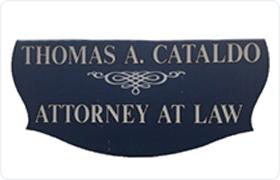Fairfield Criminal Lawyer, New Jersey, page 2
Sponsored Law Firm
-
 x
x

Click For More Info:
-
Thomas A. Cataldo, Attorney at Law
52 South Street Morristown, NJ 07960» view mapCriminal Defense Law Tip The Scales In Your Favor!
Thomas A. Cataldo, Attorney at Law has the legal experience you need at affordable rates that can't be beat.
800-834-4291
Thomas D. Flinn
Criminal, Corporate, Bed Bug, Animal Bite
Status: In Good Standing Licensed: 43 Years
George Joseph Abdy
Traffic, Criminal, Bankruptcy, Accident & Injury
Status: In Good Standing Licensed: 51 Years
John Badagliacca
Commercial Leasing, Alcoholic Beverages, Criminal, Animal Bite
Status: In Good Standing Licensed: 38 Years
Adrienne J. Burke
Real Estate, Family Law, Criminal, Personal Injury
Status: In Good Standing Licensed: 36 Years
 Thomas Cataldo Morristown, NJ
Thomas Cataldo Morristown, NJ Practice AreasExpertise
Practice AreasExpertise
